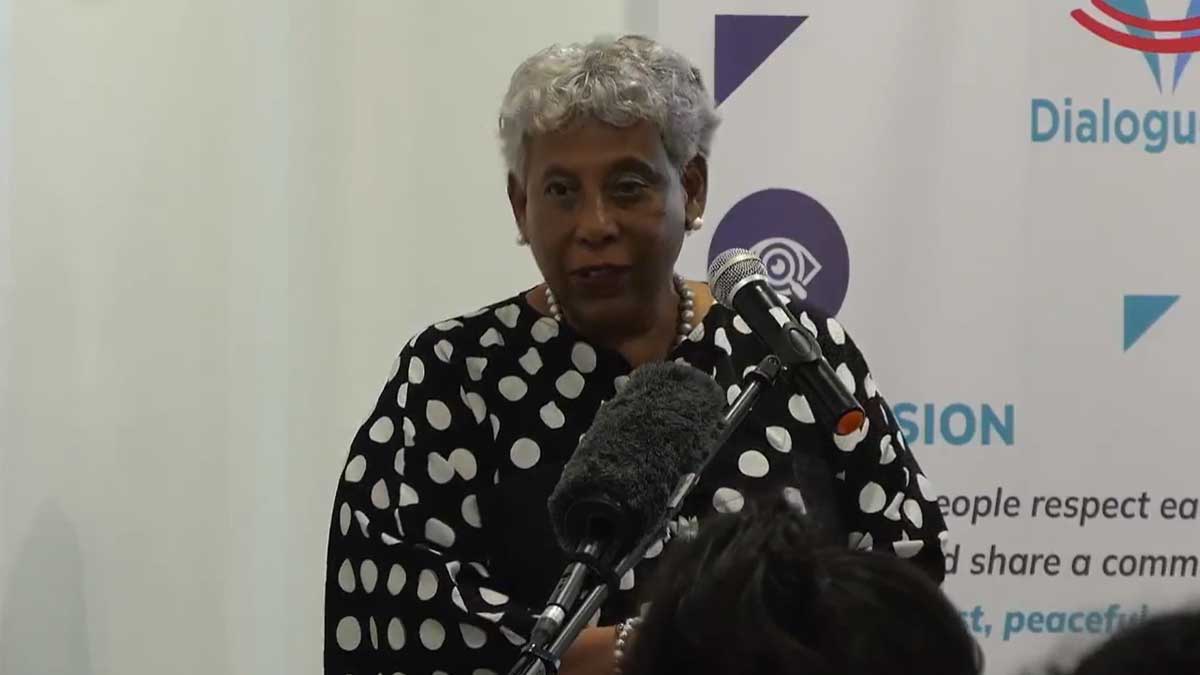
According to the graduation survey results, 75 percent of the University of Fiji graduates are employed while the retention and success rates in 2023 showed 92.6 percent retention and 79.4 percent completion.
University of Fiji Vice Chancellor, Professor Shaista Shameem highlighted this during Dialogue Fiji’s panel discussion on addressing quality in Fiji’s Tertiary Education at Tanoa Plaza in Suva.
Professor Shameem has challenged the presumption that the standards of tertiary education in Fiji are declining as she says that may be so for other tertiary institutions but was resoundingly false for UniFiji.
She says the problem was a lack of understanding of why the industry was saying there was a skills shortage however rather than looking at the real problem, the blame was placed on tertiary institutions.
She says UniFiji is providing excellent graduates for nation-building as the University's human values-based approach to education and its holistic approach are probably the reason why students attended the University of Fiji and also completed their programme.
The Vice-Chancellor further says the graduates are actively sought out by employers due to the University's human values-based education which emphasises integrity, ethics, good communication and courtesy towards all, as well as the community spirit.
Professor Shameem says the reason why people are leaving Fiji and creating the skills gap is because of greener pastures which is attracting Fijians, especially those that were busy recruiting workers from Fiji, paid much higher salaries and provided much better conditions of work than Fiji could, hence it was natural that graduates would take the opportunities offered elsewhere and leave with their families as well.
She says this issue had to be analysed and understood from a socio-economic perspective and not just one that had to be solved by tertiary institutions.
She says the quality of higher education at UniFiji is second to none and by the end of 2024, the University aims to have 90 percent of its staff with PhDs and by 2025 this percentage is expected to rise to 100 percent due to the strategic planning in human resources undertaken by the University.
She adds that those who assess the quality of tertiary education in Fiji have to be qualified to do so, by the regulations of the Fiji Higher Education Commission and only those who are qualified can determine whether or not standards of tertiary education are declining and provide evidence because the University of Fiji's data shows that they are at the top of their game when it comes to quality higher education in Fiji.
Stay tuned for the latest news on our radio stations

